The 1951 brochure below reads, "At Hunting Towers you no longer have to go far to 'get away from it all.' The quiet restfulness of a distant resort is yours in a matter of minutes." This area of the Potomac riverfront has been something of a "resort" destination for more than 100 years, as the juxtaposed 1909 Dyke resort postcard photographed nearby shows.
When constructed between 1949 and 1951, Hunting Towers (now The Bridgeyard apartments) was the only waterfront apartment building in the entire DC area. For decades, people had turned away from the Potomac River, and these apartments were a bold attempt to begin facing the river again. In this era where modern waterfront condos and apartments are seemingly showing up monthly, it seems hard to believe. See also, Waterfront Dining in Alexandria Virginia.
One of three towers in the Hunting Towers complex was removed [PDF] as part of the Woodrow Wilson Bridge expansion project in 2008. Today, The Bridgeyard Apartments are likely the most affordable riverfront apartments in the region — albeit, not like they used to be. In 1950, rates started at $75 a month! Most random fact: U2 spy plane pilot Francis Gary Powers was put in a safe house here by the CIA in the 1960s.
Down the river, a quarter-mile is the former site of the Dyke resort, so named because the area had been diked, a flood control measure. Those floating houses you see were often floating brothels. Most of the site is now more G-rated and is home to the Dyke Marsh Wildlife Preserve, which I highly recommend visiting. It was a stop on the Mount Vernon Electric Trolley, and that railroad was ultimately replaced by the George Washington Memorial Parkway in 1932.
What do these two sites have in common except proximity, boasts of a resort atmosphere, and a river view? I would argue that each was advertised as an escape in their day, but that in each case, that escape, like most escapes, likely proved to be fleeting, illusory, and temporary.
What has changed in your view? What has stayed the same?
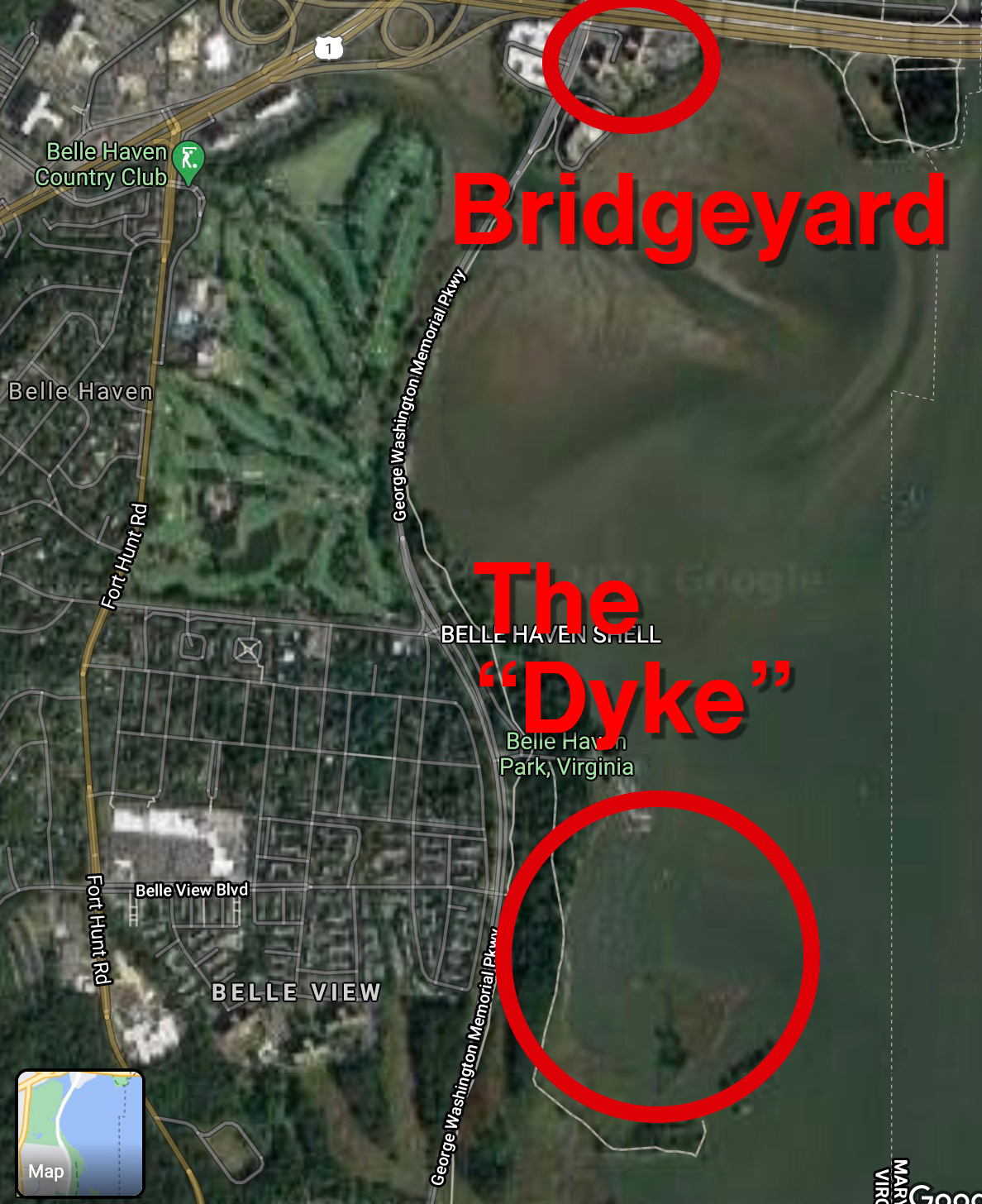
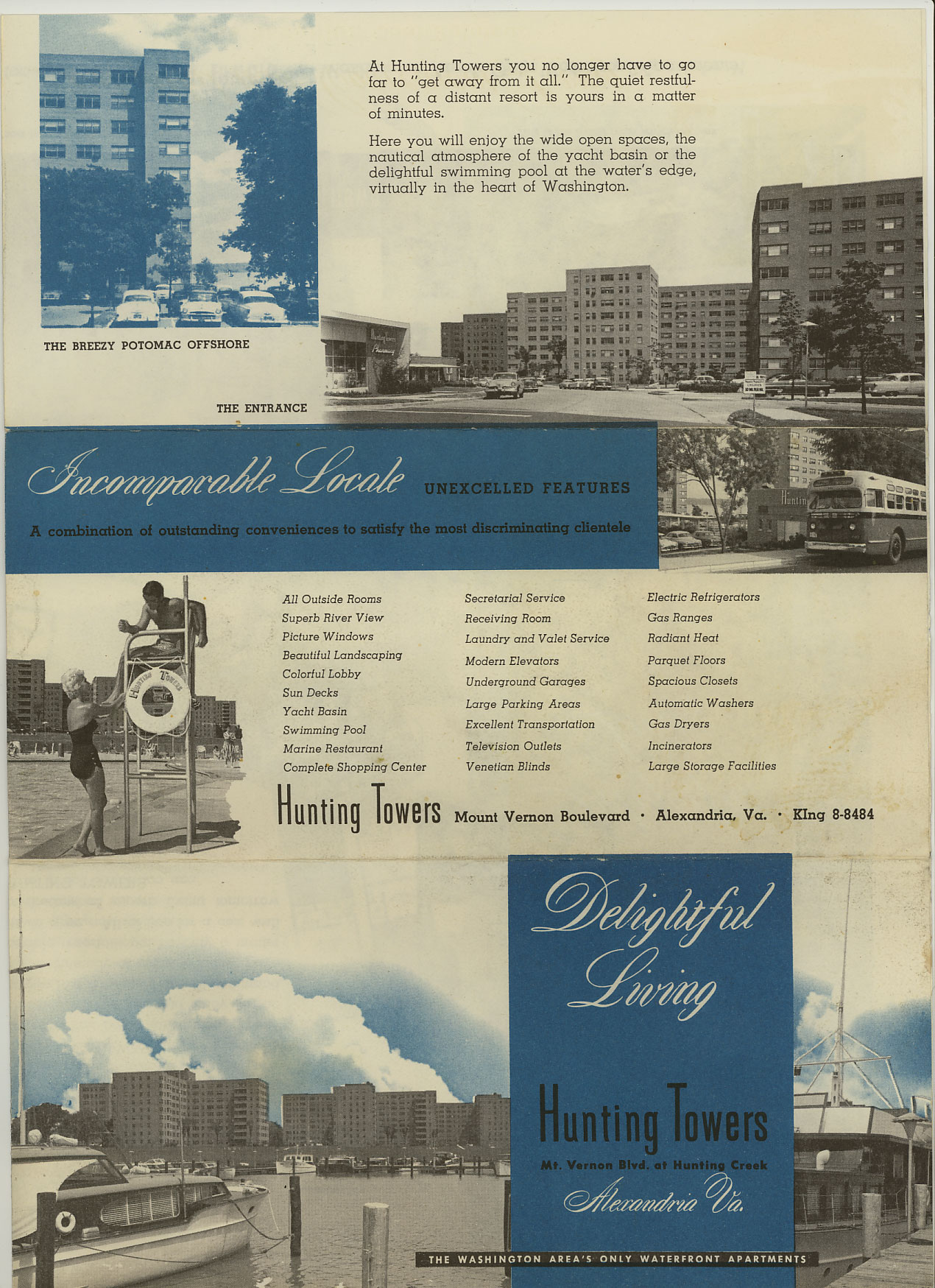
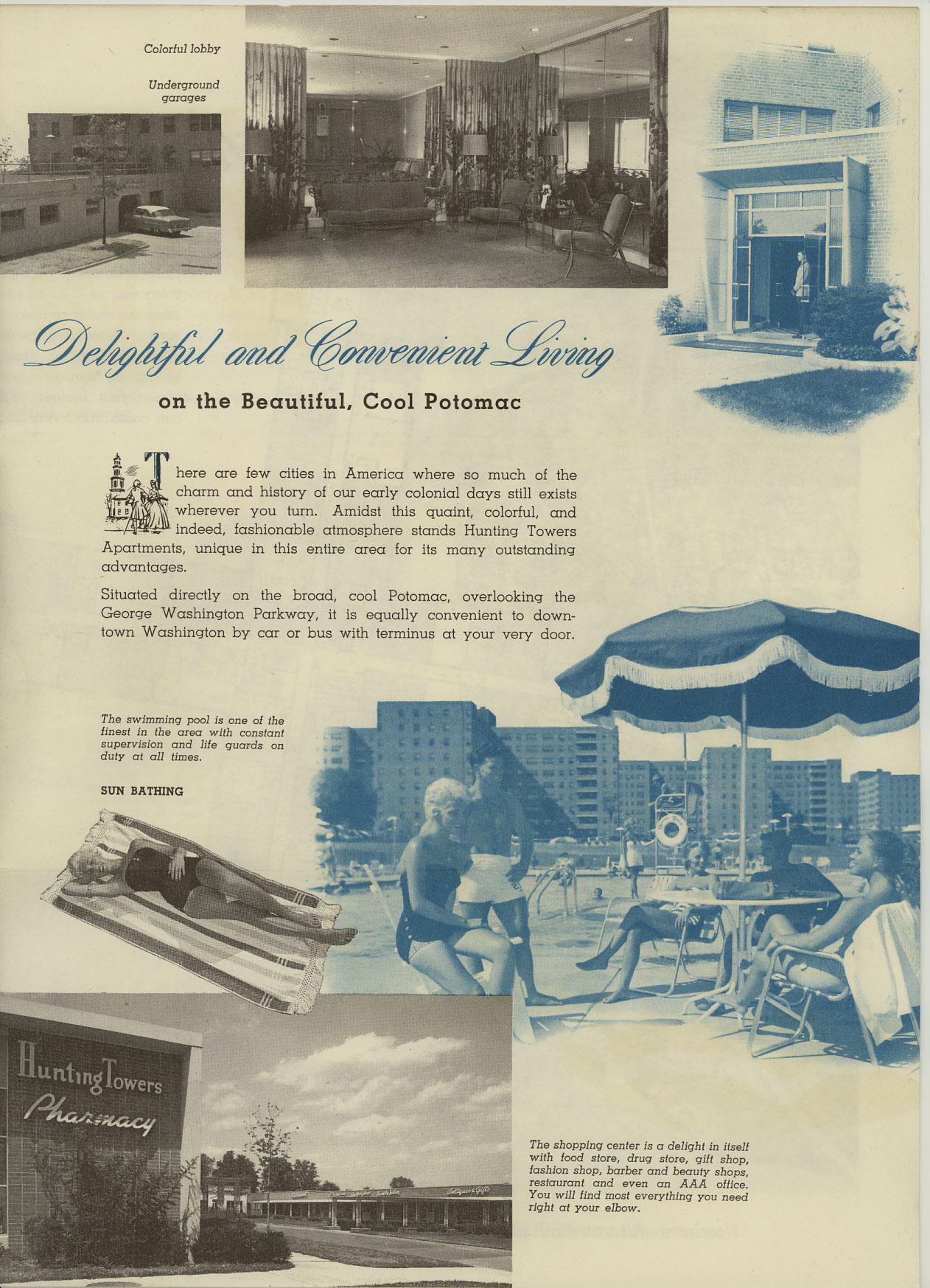
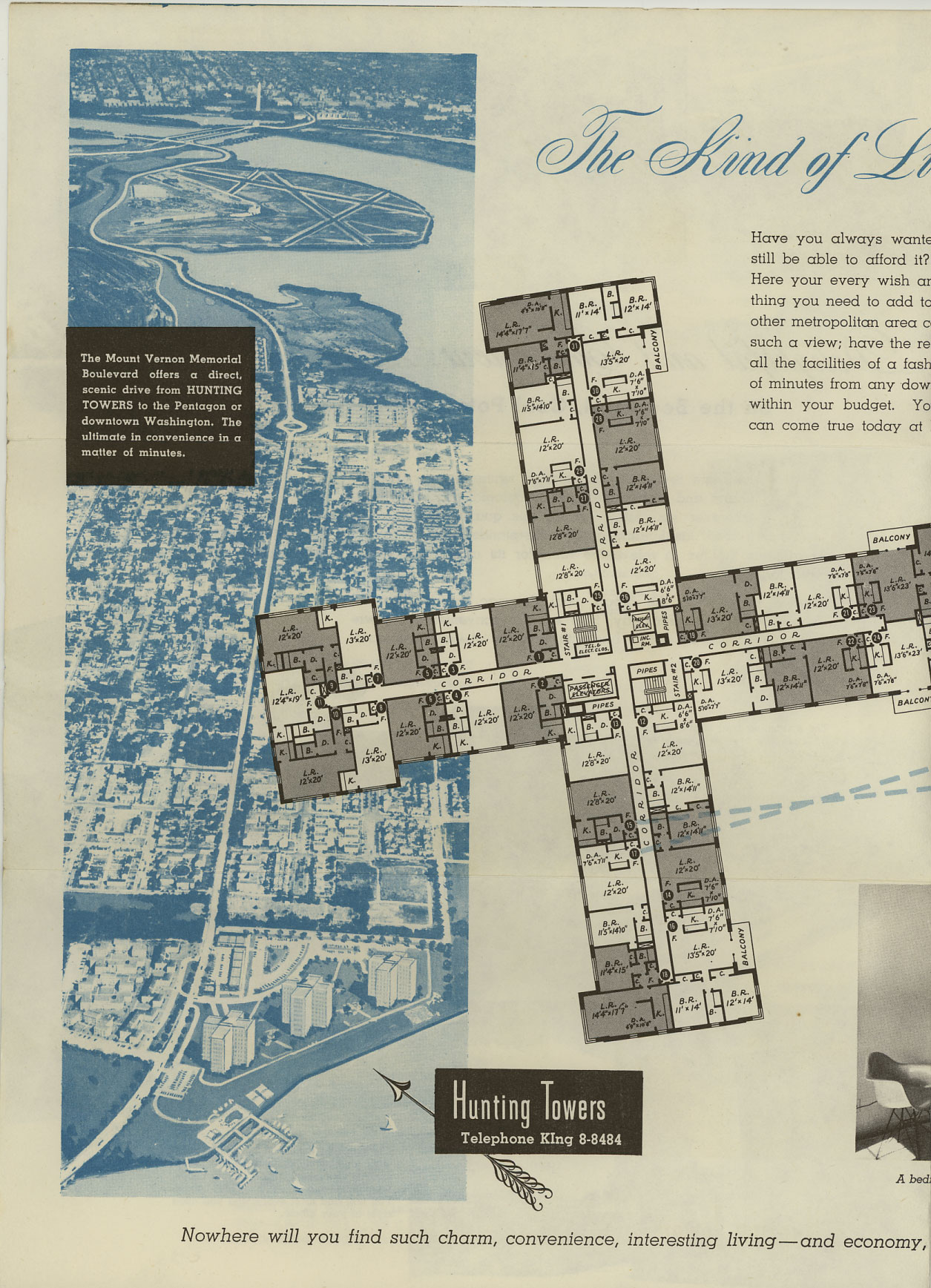
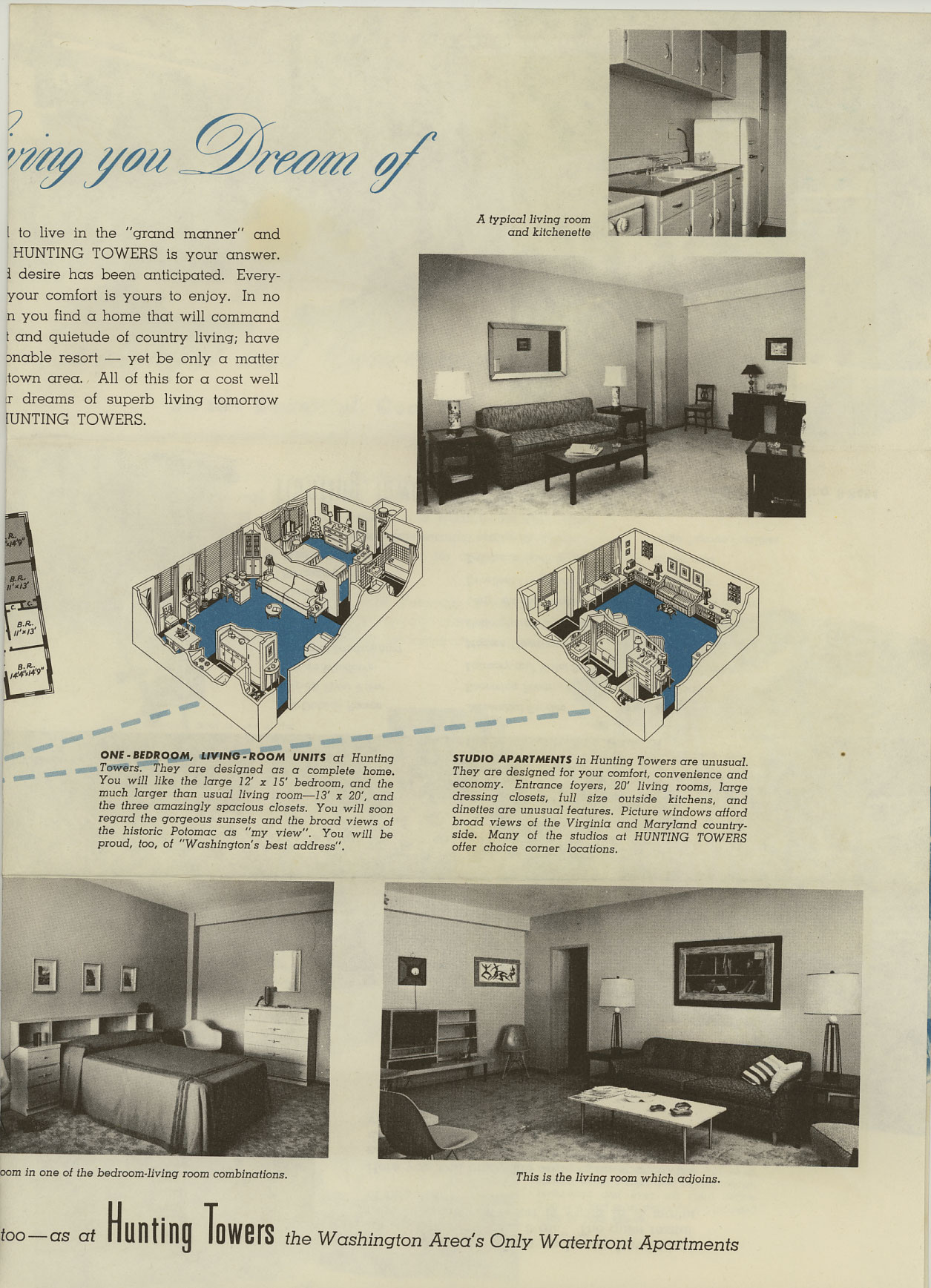
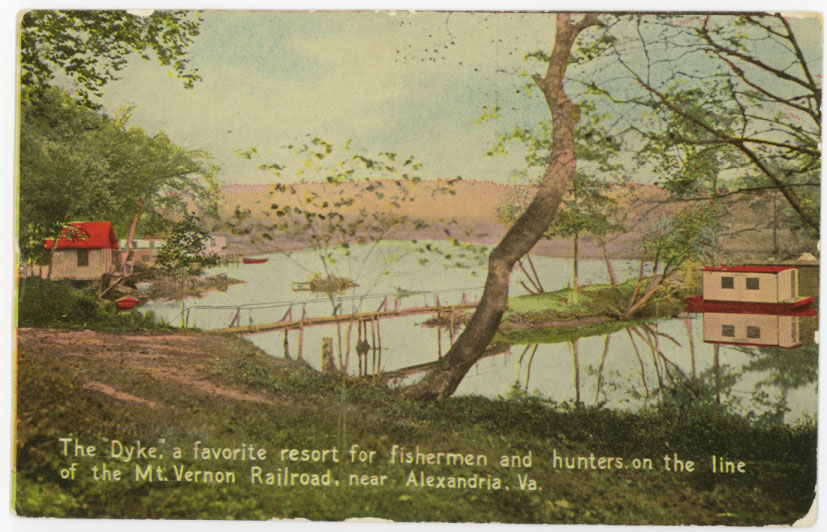

These photographs were submitted by Linda Shiflett Fletcher via Richard Wright after publication:
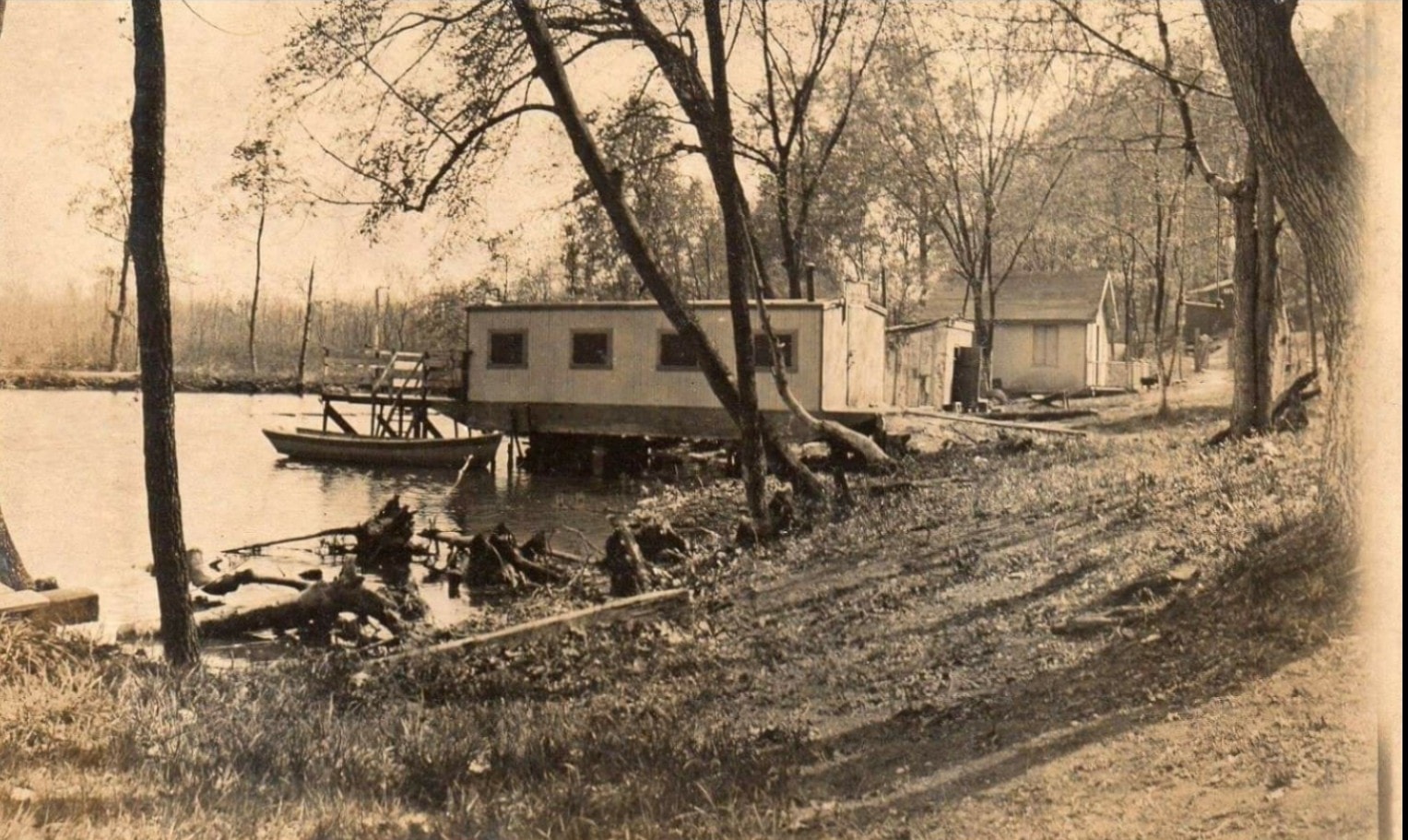
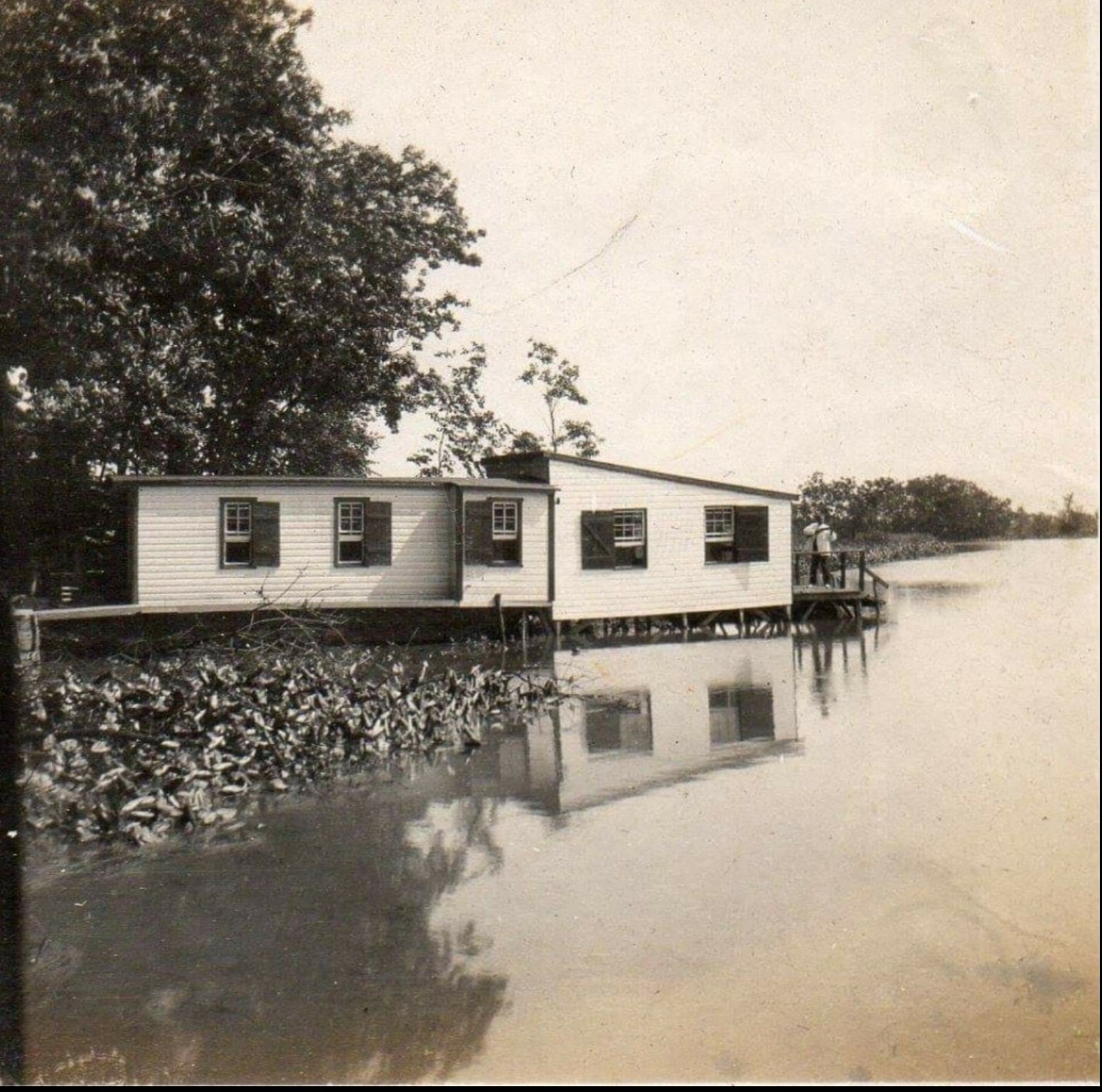

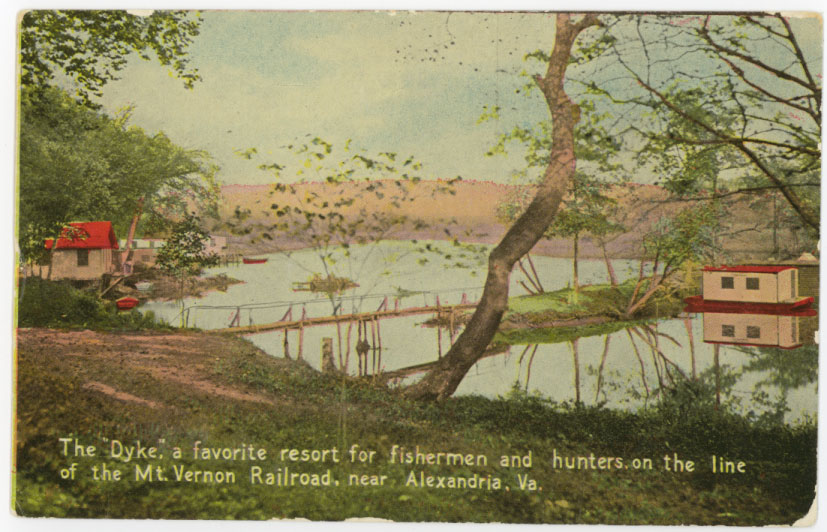

Leave Comment